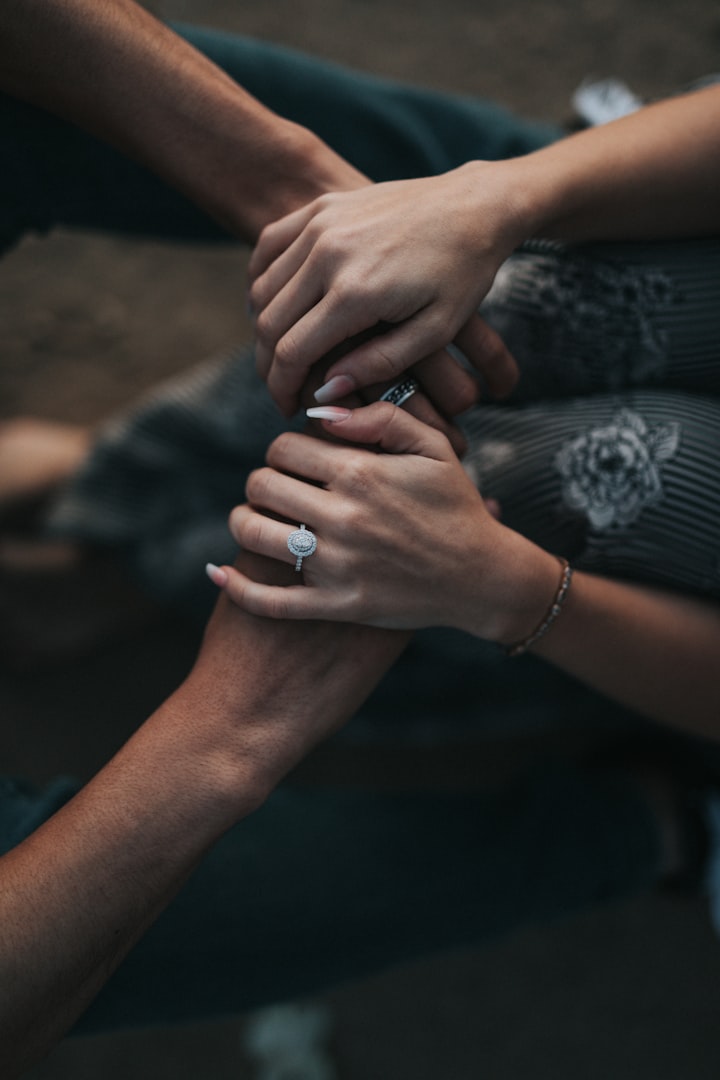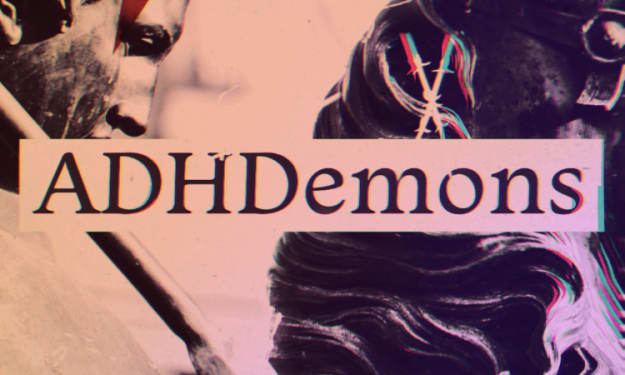Connection, Addiction, Playfulness, Depression, Violence, Wealth Obsession, Oppression, Emotional Literacy, Oh My!
The unnatural world is a series of attempts to feel connected without the ingredients it requires.

We are all on a continuum between stability and a substitute for stability. In the following depiction, a replacement for stability basically amounts to replacing support and relationships in favor of a substance or activity. I don't know about you but as a person who seldom takes a drink, I definitely would if it was available and I spent enough time in isolation. I'd place interventions/treatments in the middle of the continuum.
stability -> treatment -> a replacement for stability.
The hopeful outcome of the direction in that continuum if one begins to slide is:
stability <- treatment [x] replacement.
As a treatment, we aim to use something to move us back towards stability. Stability is knowing we belong, knowing we are understood, a sense that someone is really there, that you are accepted, valued, appreciated, and in deep connection with others. The individual's treatment options have more to do with what helps to move towards stability. For example, if one were to smoke marijuana and its effect mobilizes the user to reach out, feel listened to, understood, and connected, it means it's a successful tool. If it begins to replace one's needs for understanding and connection that is a problem. The treatment has become a barrier as the individual is now treating the pain of isolation instead of the fear of reaching out.
Sometimes this looks like a lifetime antidepressant use. Or maybe it looks like deciding that from now on you will call someone when you need someone to be there and ignore the voice that says no one cares. Maybe it’s both. Maybe it’s something else entirely.
But when the individual moves into replacement, is not contingent upon consent. Substances do not require anyone else to be there and deliver connectedness. Same with phone addiction. Even sex (as an addiction that involves consent) is in a different category. It does not achieve emotional connection, it achieves gratification. There is no consent to the emotional connection and trust that brings stability, belonging, that a sense that you have a place in someone’s life and in this world.
The most interesting part of this; I hypothesize that all violence stems from an individual believing that the only way to get their needs met is by manipulation or force, often with anger and resentment that it won’t be given freely. It’s a distortion of self-understanding that redefines needs based on what can be taken, instead of what could be given. It is the ignorant strategies and distorted perceptions that arise from a sense of hyper-urgency, worry, fear (especially fearing the vulnerability required to genuinely connect or process rejection), hopelessness, the judgment of self and others, and fixating on what guarantees an outcome. It’s also a specificity. Violence is what can happen when I change my needs based on these and similar concepts.
Example:
I have a need for love, but I specify for myself that it is Brad who needs to love me Now I won’t feel loved unless Brad loves me. Fear checks in, “Brad may never love me.” Fearing it’s impossible, I forget about my need for love. It’s now my need for Brad’s attention. Fearing the risk and vulnerability involved, I decide my need is not to be loved. It’s attention. I get Brad’s attention. Brad tells me he just wants to be friends and I throw a brick through his window. I get more attention. I am now supporting a mental distortion where Brad’s negative attention traces back to my original need for love. I never tried for love, it felt too vulnerable. I replaced my need for consensual connection with forced attention.
Now I’m going to tell you a secret about life and I’m not sure anyone else has put this together. I am very sure this is true in the deepest recesses of my heart. The secret is not that playfulness is important. Although I believe it is perhaps the 3rd most important thing in life after sleeping and eating. I have known this for a while but the secret is, why? Why is playfulness important? How do I describe that to anyone in a way that doesn’t just sound like, “because it’s a fun and silly time to have with others?” A fun and silly time sounds nice I guess, but not like the 3rd most important thing in life. So what makes it the 3rd most important thing in life?
Playfulness is vulnerability minus our barrier to it: fear. Playfulness is not an optional part of life. It contains every ingredient required to get our emotional and connection needs met. Can you be playful and afraid? hopeless? Feeling an urgent panic? Worried? Fixated on one outcome? I know I can’t. Playfulness is important because it is the place where the natural exchange of needs takes place without any thoughts of dominance, control, or violence. Vulnerability is a crucial part of non-violence. Playfulness is an invitation to be vulnerable.
Violence research shows that restricted play in childhood is the most common underlying theme for violent criminals. Playfulness is a child’s initial access to vulnerability. To restrict play is to restrict the space where needs are able to be met. The traditional wisdom is that violence is about power. That may be true but it’s not the whole truth. It’s not that the root of violence is not a lust for power.
It may be that the root of violence is when one cannot get their needs for belonging met is mixed with a sense of entitlement and anger. When an individual spends their time thinking of how to control, manipulate, force, bribe, deceive and change the interpretation of their own needs to what can be achieved without genuine acceptance, understanding and belonging. It is to make the world pay for its failure to provide what you never learned how to ask for.
This explains why people who are wealth-obsessed tend to assert that they belong, by asserting who they are. They are important. They own properties. They give to charities. They know the governor. Beautiful young people are willing to be with them. The community would be in worse shape without their contribution. But all of this likely falls flat if money creates a sense of belonging. This often creates a feedback loop where making more money, owning more things, and buying more performative reassurance (browsing nosing) might finally satiate the craving for an authentic experience of belonging, and yet they could own the whole world and it’s still not enough. Money cannot buy genuine acceptance. This is why we all want to have an abundance of money but people who have far more than enough seem creepy.
If violence is the outcome of people who react with a fight stress response to the belief that no one will respond to a genuine bid for connection, then perhaps depression is when someone in freeze response notices the same thing and turns to substances, phone addiction, and isolation. Phone addiction worries me especially because it’s the only one I struggle with and it’s so incredibly similar to the needs we have. It’s interesting to feel the difference between only interacting with close friends and interacting with strangers on social media, if not eerie when realizing I'm trying to do the same thing as the wealth-obsession strategy: spend my resource (time) to “buy” the same thing that cannot be bought: a sense of belonging and acceptance. And in the same way, influencers with a million subscribers are unlikely to feel any more acceptance than someone with 5. In fact, when criticism hits harder than praise, they may feel even less connection.
So there we have the responses of fight and freeze. Perhaps the flight response has to do with anxiety and wanting connection but avoiding connection because one can’t trust that the connection is safe, authentic, and reliable. One might keep chasing after things then abandoning them when the realization we can't control or trust in the stability or longevity of the connection.
A high level of emotional literacy and intelligence is required to make bids for connection and continue with confidence when those attempts fail. Unfortunately, emotional literacy is seen as more on the fringe when it should be the fundamental thing. It should be a core class in K-12. It should be a general in college. In my opinion, that’s where most of our attention and resources should go before we attempt anything else in life.
Now let’s say we have solid social supports. We know someone is really there, and they know you’re really there. We’ll then slide around on the continuum based on a dynamic between our social supports and self-discipline/care. Social supports maintain one’s ability to stay disciplined and care for themselves. Staying disciplined and caring for ourselves maintains our social supports. Keeping in connection and communicating with social supports is crucial to mental health and seems to get more difficult each year.
We do have a “stability of the stability” buffer related to learned developmental discipline, habits, and personal values, but these are more like the fuel to stabilize your position on the continuum. you may never expertise a need for treatment if in the rare moments' stress surpasses your resilience, your supports are the intervention that brings you back to stability. If your buffer is very small you may need constant treatment.
Let’s think of it as fuel. Your resilience may keep you from ever feeling depressed if your “gas tank” of resilience is 300 gallons and/or you are always less than 20 miles from a gas station. On the other hand, may feel alone and terrified 12 minutes after seeing a friend if you have an insecure attachment/a one-gallon tank and that was your only gas station.
This is where emotional intelligence can come in and inject stability and strap on an auxiliary gas tank for you. This is also why the size of your support network matters. If you rely on one BFF and one family member, you may constantly be using up your small buffer of emotional resilience, and if there are only 2 gas stations, you may be stranded more often than not.
If I try to distill everything as much as possible it seems to come down to; be playful like your life depends on it, form secure attachments, seek resources to deepen that sense of security in those attachments, and use all of that as fuel to take care of yourself the best you can, so you can be playful, form secure attachments, seek resources to deepen that sense of security in those attachments. This could be the recipe to keep my head above the water and feel a sense of belonging and acceptance in this world. My hope in writing these thoughts for the world to see is that it may be of use to someone else too. There's more to come. I hope to write a piece exclusively on the interplay between playfulness and violence next. Good luck out there. Do something silly with a friend and tell them they have an important place in your life. If this is or becomes a part of your life, I'd love to hear more about it.






Comments
There are no comments for this story
Be the first to respond and start the conversation.